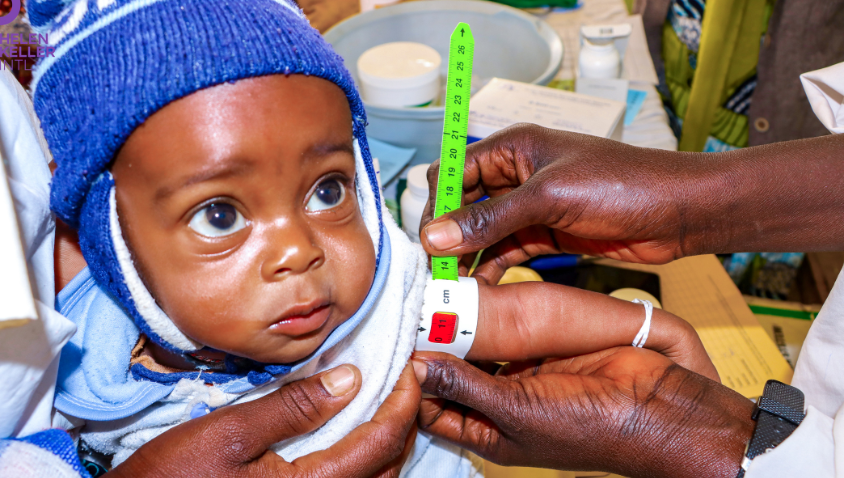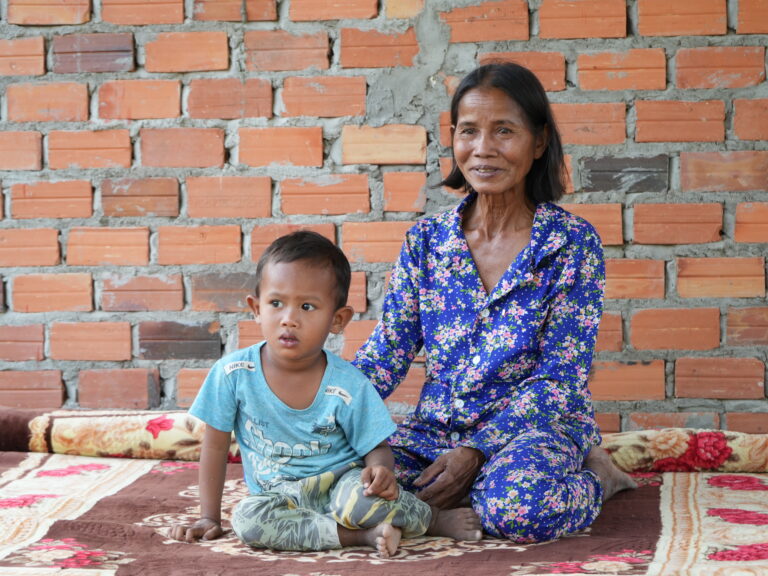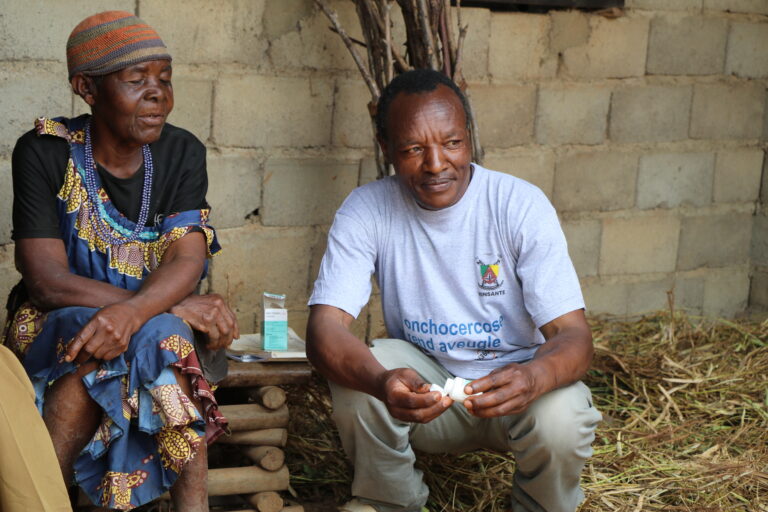NPR: Cuts to Helen Keller’s Nutrition Work in Nigeria Worsen Hunger Crisis
An NPR story highlights the devastating fallout of US government funding cuts on Helen Keller Intl’s nutrition work in Nigeria.
In the piece, which aired on NPR’s flagship national program, All Things Considered, journalist Jewel Bright visits health facilities in the northern state of Bauchi to speak to impacted health workers and families.
Until January 2025, Helen Keller, supported by USAID funding, provided screening and treatment for malnutrition in almost 80 health centers across northern Nigeria. The Helen Keller-led initiative was expected to provide treatment for severe acute malnutrition for more than 60,000 children in the region, but those lifesaving services were abruptly ended when the US government cut funding.
The results will be devastating in Nigeria and beyond. A report in the journal Nature, earlier this year, found that reductions in USAID funding will lead to an additional 163,500 child deaths annually due to the loss of malnutrition treatment programs.
“The crisis of funding had never reached this peak,” says Nigeria Country Director Aliyu Mohammed, “This is the worst I’ve seen in my entire public health experience.”
In total, 21 million people across the countries we serve – many of them young children – are now at increased risk of malnutrition due to reductions in US government funding. Helen Keller remains committed to doing everything in our power to continue supporting children and families in these challenging times.




